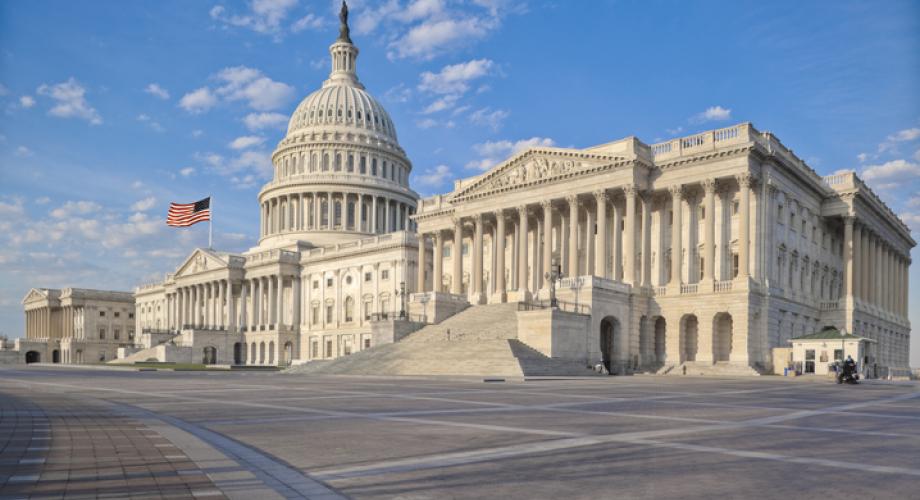On March 28, 2022, President Biden announced his proposed budget for fiscal year (FY) 2023, which outlines the Administration’s priorities for the coming year.
Of note for the rental housing industry are several expanded housing programs in the President’s budget, including funding for the Low-Income Housing Tax Credit and the Housing Choice Voucher program, among many others. A full list of these programs is below.
Now that the President has made his spending requests, the House and Senate will introduce their own appropriations bills outlining Congressional priorities for FY 2023. The House has announced they will consider their proposals beginning in June and, while the National Apartment Association (NAA) anticipates that the U.S. Department of Housing and Urban Development’s (HUD) funding will increase, it is unlikely that Congress will raise HUD’s budget by $11.6 billion, the amount that the President has proposed. Further, it is possible that Congress will delay the funding deadline through continuing resolutions until after the midterm elections in November.
Here is a full listing of the expanded housing programs (any increases – listed in parentheses – are compared to 2021 enacted levels):
- $50 billion for the Low-Income Housing Tax Credit:
- $35 billion for state and local PHAs to provide financing options for low-income housing projects, and grants for jurisdictions to remove barriers to development
- Nearly $10 billion to modify LIHTC and increase the inventive for developing new affordable units
- $32.1 billion for the Housing Choice Voucher program (increase of $6.4 billion)
- $5 billion for the Community Development Financial Institutions Fund to support construction and rehabilitation of affordable housing
- $3.8 billion for the Community Development Block Grant
- $3.6 billion (increase of $580 million) for Homeless Assistance Grants to reduce homelessness
- $2.7 billion for veterans’ homelessness programs
- $1.9 billion for the HOME Investment Partnership Program to create more rental housing and expand homeownership opportunities (increase of $600 million)
- $1.8 billion for the Department of Agriculture’s rural housing loan and grant programs (increase of $259 million)
- $900 million to improve energy efficiency in public and HUD-assisted housing
- $800 million to support affordable housing for the elderly and people with disabilities
- $400 million to address lead paint hazards in homes of low-income households with children (increase of $40 million)
- $195 million to remove barriers to revitalization in underserved neighborhoods
- $86 million to support fair housing enforcement
For more information about NAA’s advocacy work, please contact our Government Affairs Department.
